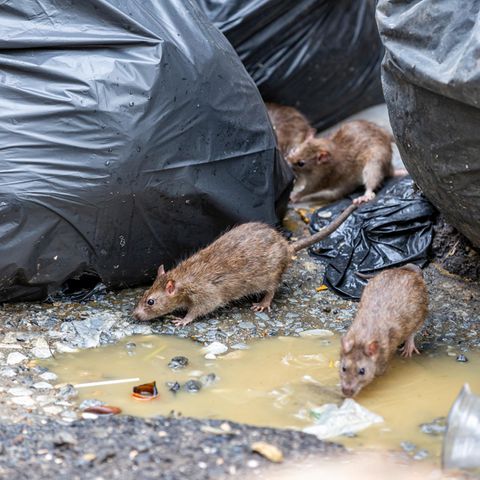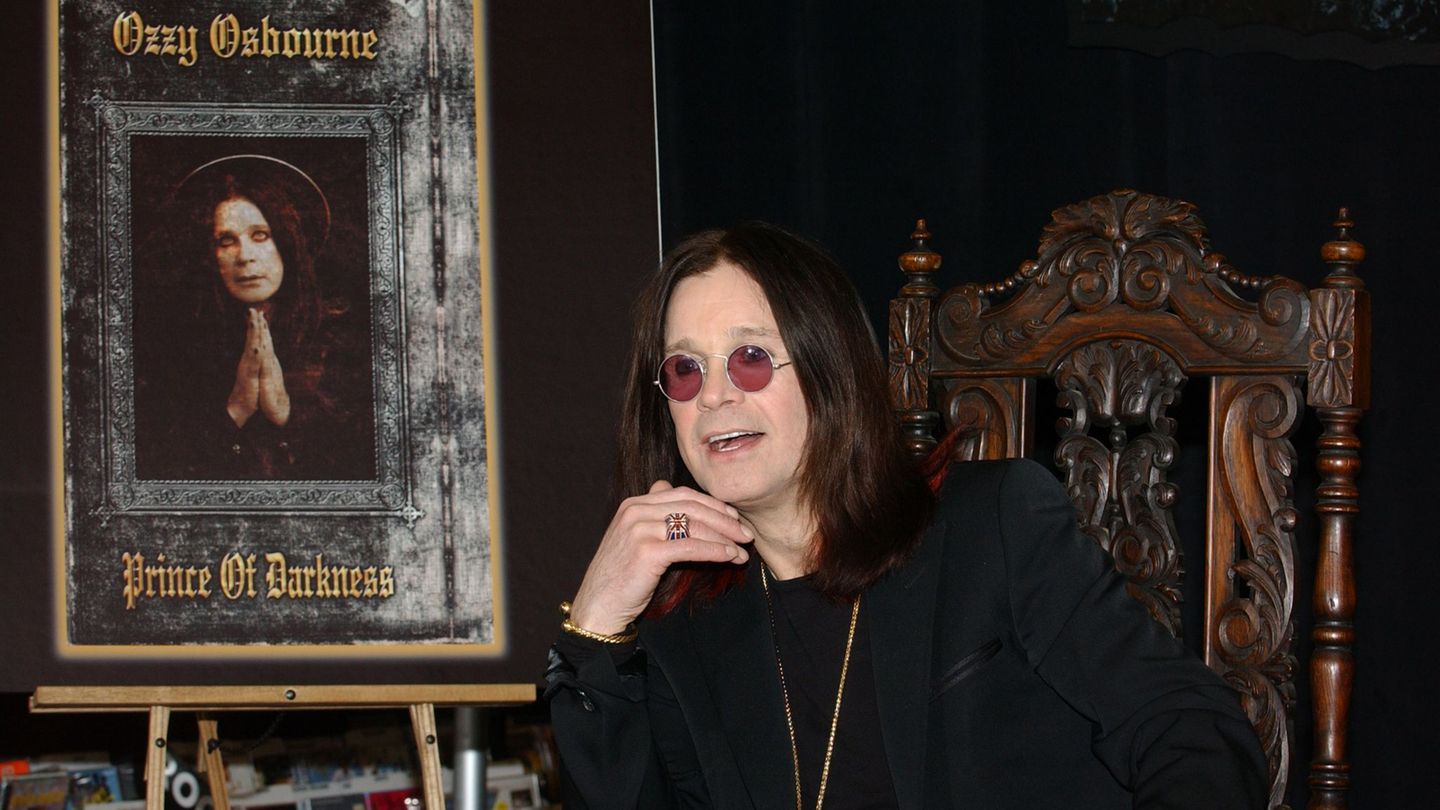“Was that it?” Asks German Chancellor Angela Merkel at the end of her 20-minute press conference at the end of what will probably be her last EU summit. She seems in a good mood and even a little relieved. “Yes,” replies her spokesman, Steffen Seibert. “Yes. Then I wish you a nice weekend,” Merkel adds and leaves the hall as if it had been a completely normal summit – not unlike the 106 before it, in which she has participated since 2005.
“Angela, you are a monument”
Typical Merkel. She made her departure from the European stage as simple as possible. The spectacle is for the others. For example, for EU summit leader Charles Michel. At a farewell ceremony for the longest-serving member of the European Council on Friday morning, he used metaphors to show that Merkel’s importance for Europe cannot be overestimated. “The European Council without Angela is like Rome without the Vatican or Paris without the Eiffel Tower,” the Belgian told Merkel. “You are a monument.”
At the small celebration, he runs a video with the best Merkel scenes from 16 summit years. As a farewell present, the Chancellor receives a sculpture of the European building, in which the EU summits have been taking place since 2017. But that’s still not all. US President Barack Obama can also video praise Merkel’s “good humor, wise pragmatism and inexorable moral compass”.
At this point in time, however, Luxembourg’s Prime Minister Xavier Bettel had already found the most appropriate word for what Merkel had achieved for Europe in 16 years: “compromise machine”.
Hope figure and crisis manager
Merkel already demonstrated her talent as a crisis manager at her first summit in December 2005. At that time it was about the EU financial plan for the years 2007 to 2013. Merkel mediated between French President Jacques Chirac and British Prime Minister Tony Blair – with success. The Chancellor was celebrated across all European borders for the agreement. For example, “Der Standard” wrote at the time: “The Union is alive. And Europe is female. It took on a form of hope almost overnight. Her name: Angela Merkel.”
Other, much deeper crises followed, in which Merkel was asked to act as moderator: the global financial crisis from 2007, the euro crisis from 2010, the refugee crisis in 2015 and, last but not least, the Brexit and the corona pandemic. When it came to keeping the place together, she was there.
As a European thought leader, the CDU politician will not go down in history. Above all, her critics accuse her of not having drafted a vision for the Europe of the future, even after 16 years at the helm of the most populous and economically strongest EU country. Some even believe that she is partly to blame for the authoritarian developments in countries like Poland and Hungary because she rarely draws the red line.
EU on the crossroads
At the end of its term of office, the EU is now at a crossroads: Onward to ever more common ground in Europe, as the founding states like Germany and France want. Or back to more national statehood, as the increasingly unscrupulous countries of Poland and Hungary are striving for.
“We will work resolutely to counteract the risk of a deep rift in Europe in the long term,” said Merkel last year at the start of the German EU Council Presidency. During the following six months she was able to fill the gap with compromises on EU financial planning and climate protection. But the danger has not averted it, it is even growing again.
At her last EU summit – according to official figures number 107 – Merkel was shown once again how deep the rift through the EU is already going. There was no progress in the dispute with Poland over the primacy of EU law over national law. Words like “blackmail” and “witch hunt” were used. The Hungarian Prime Minister Viktor Orban even spoke of a “battle” that has only just begun.
Big construction sites for successors
This dispute is now being continued without Merkel. If the SPD, the Greens and the FDP adhere to the timetable they agreed on Thursday for the coalition negotiations, Olaf Scholz will take Merkel’s place at the next EU summit on December 16 and 17. It remains to be seen whether the SPD politician will continue to act as moderator at the summits. From the ranks of his possible future coalition partners, there are already calls for a significantly tougher course towards Poland and Hungary.
Merkel admits that she leaves a number of unsolved problems. “The construction sites for my successor are big,” she says. In addition to the legal dispute with Poland, she mentions the issue of migration and economic competition with China.
At the press conference, Merkel was asked whether she would return to Brussels after all if a mediator was sought to resolve a conflict that threatened the EU. The current chancellor evades. “I don’t want to answer hypothetical questions,” she said. And she also assumes that such a point does not come about.




